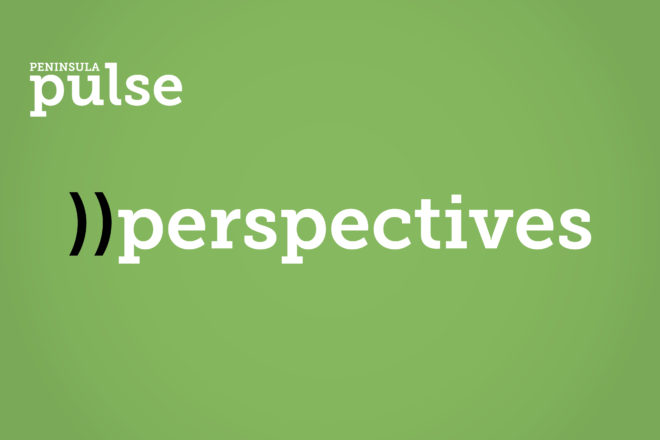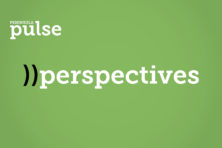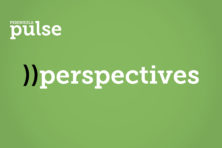Pulse of Philanthropy: Making $12 Billion Worth More Than $12 Billion
- Share
- Tweet
- Pin
- Share

by BRET BICOY, President and CEO, Door County Community Foundation
Even if you don’t follow the trends in the philanthropic world as obsessively as I do, there’s a good chance you’ve heard about MacKenzie Scott, who has been giving to charity from her Amazon.com wealth at a record pace.
Three years ago, she signed the Giving Pledge and became part of a society of billionaires – brought together by Warren Buffett and Bill Gates – who have promised to dedicate the majority of their wealth to charitable causes. Although most of these pledges will be honored as part of an estate plan, Scott is not waiting until she dies to give her money away.
Since she signed the Giving Pledge, she has donated at least $12 billion to charity. As a basis for comparison, last year her donations exceeded the total grants awarded by the Gates Foundation – the largest philanthropic institution in the United States.
By any measure, $12 billion is an enormous number, yet the manner in which Scott gives her money away arguably makes that $12 billion worth even more to the charities that receive it.
When publicly announcing her first round of grants in July 2020, Scott wrote, “I gave each [charity] a contribution and encouraged them to spend it on whatever they believe best serves their efforts. Unless organization leadership requested otherwise, all commitments were paid up front and left unrestricted to provide them with maximum flexibility.”
Without question, an unrestricted gift is by far the most valuable gift a charity can receive. Every organization appreciates a contribution designated for renovating its building, buying a new piece of equipment or supporting a specific program, but there is no more precious charitable resource than a dollar that a top-quality management team can deploy to whatever aspect of its organization’s work it concludes will make the most impact at that time.
This kind of giving requires a remarkable level of humility on the part of the donor. Unlike the way it’s done with many grant programs, Scott and her team identify organizations they deem to be impactful, then choose to respect that these charities are led by people who are the real experts at what they do.
As she noted in that July 2020 announcement, “All of these leaders and organizations have a track record of effective management and significant impact in their fields.”
Rather than dictate to these leaders what they should do and how they should do it, Scott recognizes that successful nonprofit professionals are just that: the professionals who are best qualified to lead a nonprofit organization to success. When donors make an unrestricted gift to a charity with a documented history of impact, they are not only empowering quality leaders, but they are also following a path that’s most likely to realize their philanthropic goals as donors.
I have worked for community foundations for 25 years, so established deadlines, application processes and restricted grants have long been a part of my professional life. Formal grant processes do play an important role in philanthropy because they offer a way for newer charities to make their case and allow for untested, but innovative ideas to connect with funding.
Yet the most impactful projects of which I have been a part were rooted in humility – in recognizing that I will never know as much as the nonprofit leaders who have dedicated their lives to their cause. Donors and those of us at foundations make our greatest impact when we bring together a coalition of charitable professionals and respect that they, collectively, are far more likely to find solutions than we are.
In another announcement in December 2021, Scott wrote that she “trust[s] the track records of impact and on-the-ground insights of hundreds of carefully selected teams working from within communities, offering them all the money up front and then stepping out of their way, encouraging them to spend it however they choose. I understand that this approach, and probably any approach, will mean having given to organizations that might make choices I wouldn’t make myself, but that’s the point. I believe the gifts will do more good if others are free from my ideas about what they should do. And this trust … is the aspect of gifts that many have said they value most.”
The respect that MacKenzie Scott gives to nonprofit professionals and the humility with which she approaches her philanthropy will result in a far greater impact than if she tried to dictate to those organizations that benefit from her generosity.
Contact Bret Bicoy at [email protected].


